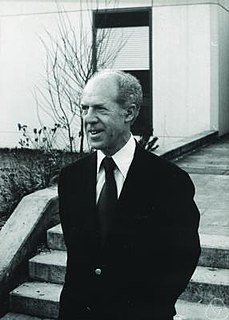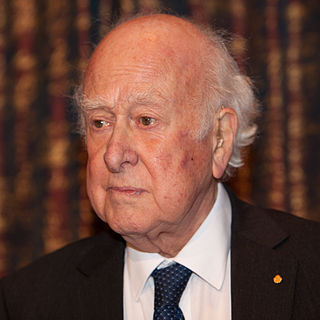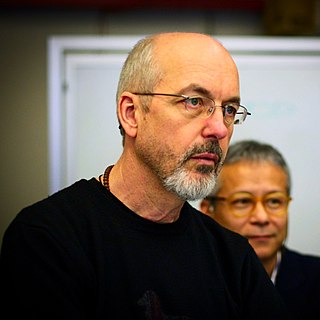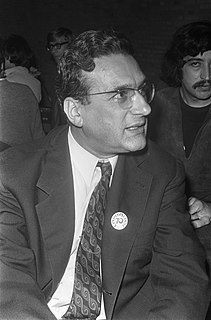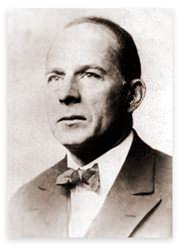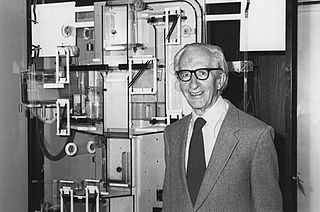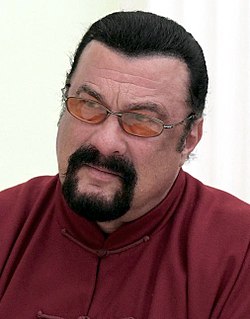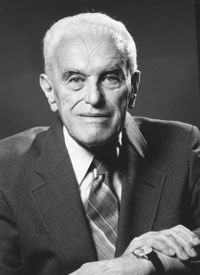A Quote by Gerard Debreu
In the mid-'60s in Berkeley, the theory of measure spaces of economic agents became one of my main interests.
Related Quotes
If, then, the control of the people over the organs of their government be the measure of its republicanism, and I confess I know no other measure, it must be agreed that our governments have much less of republicanism than ought to have been expected; in other words, that the people have less regular control over their agents, than their rights and their interests require.
There are places in the world where it's easier than in the US to be a person who produces theory and not require the university for sustenance. And there are still places in the world where there is lively poetry communities largely divorced from academia. That's been destroyed in the US. In the US, famously, there were a lot of counter-spaces that lasted into the 60s and 70s, like the Black Arts Movement. They were systematically broken, often by the government, and the workshop arose in their place.
